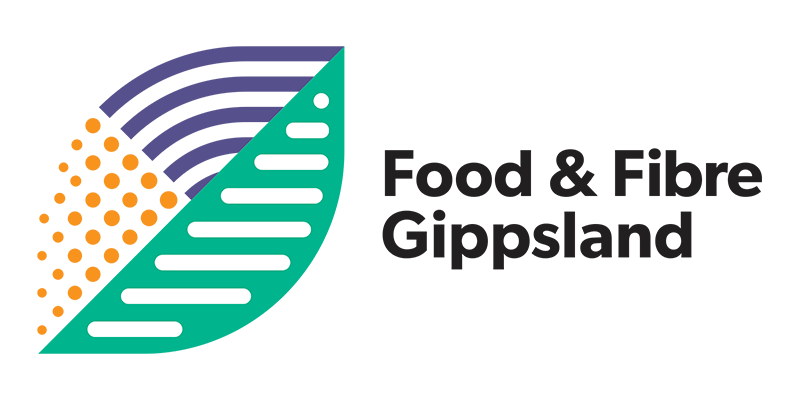Meet the Grower - Frais Farms
Frais Farms is a small Victorian business which grows, packs and markets vegetables. It has three properties, one of which is an organic system. Based in Lindenow, East Gippsland, the growing operation produces salad lines and brassica varieties, including kale, baby broccoli and baby cabbage.
VegNET–Gippsland Regional Development Officer Bonnie Dawson recently caught up with owner Kim Martin, who established the business in 2008.
How did you become involved in the vegetable industry, and how did you get to where you are today?
Our family has always farmed, going back generations. I went to an agriculture college – Glenormiston in western Victoria – and landed in the processing vegetable industry. My first job was working at Gardenland Frozen Foods in their agricultural team. Gardenland was a frozen food business that processed vegetables from the Lindenow Valley and beyond. I then moved on to work for VegCo (now OneHarvest). While in this role, I spent time researching the industry and products in France. I established Frais Farms in 2008, as I wanted to have more control over my own destiny. I also worked for the Costa Group prior to Frais Farms and gained some very valuable experience in marketing fresh produce.
What is your proudest achievement as a vegetable grower?
My time overseas resulted in being the first to commercialise a number of new varieties and genetics in Australia, including Mache Rosettes in 2009. I also introduced a leading baby broccoli variety that was earmarked for the United Kingdom only, but I convinced the genetics business that Australia was a viable market for the product.
What do you enjoy most about being involved in the vegetable industry?
The vegetable industry is such a fast-moving business. Results from decisions become evident very quickly, as crops turn around extremely fast – particularly in the fresh produce industry, where you need to be in touch with where the consumer market is at the time to be growing what is selling at that time (unlike the frozen market).
What new innovations, research and/or practices has your business implemented recently?
We’ve recently adopted micro-filtered drip irrigation for most of our production across all of our farms. The fertigating filter controls the pressure and filters organic matter (for example, stones) out of the water to prevent blockages. As a result, we’ve become much more efficient with our water use, and can now water during any weather conditions, regardless of wind.
In terms of research and development, what do you think is vital to the vegetable industry right now?
I think investment in mechanisation innovations needs to be prioritised, as there are great challenges attracting willing and suitable labour. Not just mechanisation of crop material handling (planting and harvesting), but also other elements of the production system such as opportunities to mechanise pest control and minimise chemical use, while also decreasing reliance on labour to suit changing roles.

